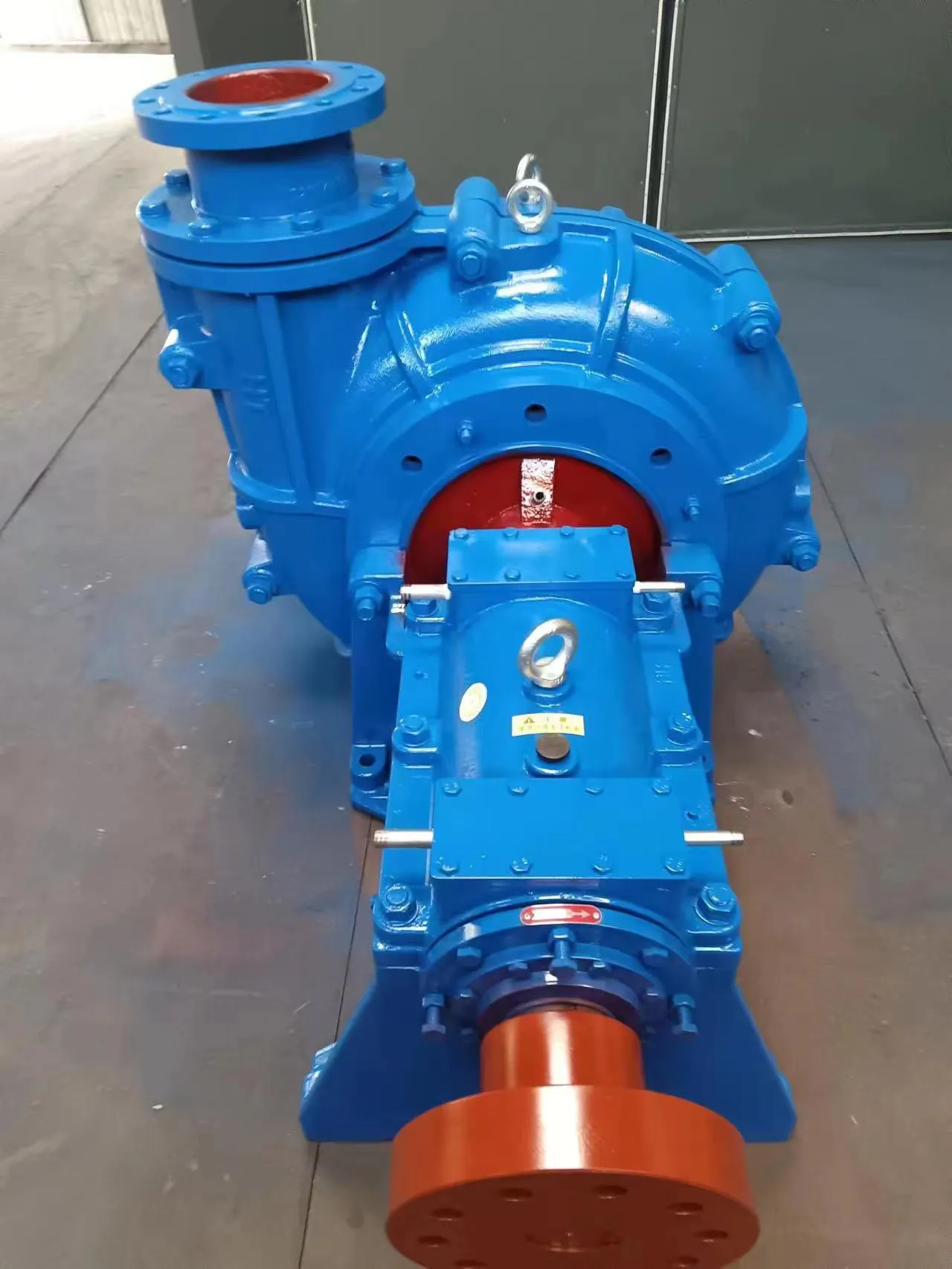Thai
- Afrikaans
- Albanian
- Amharic
- Arabic
- Armenian
- Azerbaijani
- Basque
- Belarusian
- Bengali
- Bosnian
- Bulgarian
- Catalan
- Cebuano
- Corsican
- Croatian
- Czech
- Danish
- Dutch
- English
- Esperanto
- Estonian
- Finnish
- French
- Frisian
- Galician
- Georgian
- German
- Greek
- Gujarati
- Haitian Creole
- hausa
- hawaiian
- Hebrew
- Hindi
- Miao
- Hungarian
- Icelandic
- igbo
- Indonesian
- irish
- Italian
- Japanese
- Javanese
- Kannada
- kazakh
- Khmer
- Rwandese
- Korean
- Kurdish
- Kyrgyz
- Lao
- Latin
- Latvian
- Lithuanian
- Luxembourgish
- Macedonian
- Malgashi
- Malay
- Malayalam
- Maltese
- Maori
- Marathi
- Mongolian
- Myanmar
- Nepali
- Norwegian
- Norwegian
- Occitan
- Pashto
- Persian
- Polish
- Portuguese
- Punjabi
- Romanian
- Russian
- Samoan
- Scottish Gaelic
- Serbian
- Sesotho
- Shona
- Sindhi
- Sinhala
- Slovak
- Slovenian
- Somali
- Spanish
- Sundanese
- Swahili
- Swedish
- Tagalog
- Tajik
- Tamil
- Tatar
- Telugu
- Thai
- Turkish
- Turkmen
- Ukrainian
- Urdu
- Uighur
- Uzbek
- Vietnamese
- Welsh
- Bantu
- Yiddish
- Yoruba
- Zulu
Telephone: +86 13120555503
Email: frank@cypump.com
ก.ย. . 22, 2024 06:30 Back to list
sewage ejector pump cost
Understanding the Costs of Sewage Ejector Pumps
Sewage ejector pumps play a critical role in managing wastewater in residential and commercial settings. When it comes to cost considerations, several factors influence how much you’ll need to invest in these essential devices.
Types of Sewage Ejector Pumps
The first factor affecting cost is the type of sewage ejector pump you require. Generally, there are two primary types submersible and pedestal pumps. Submersible pumps are designed to be submerged in water, making them ideal for applications where space is limited. These pumps tend to be more expensive due to their construction and the need for robust waterproofing. Pedestal pumps, on the other hand, are installed above the pit and are more accessible for maintenance. They typically cost less but may not be suitable for all situations.
Power and Capacity
The power and capacity of the sewage ejector pump also significantly impact its cost. Pumps are rated by horsepower (HP), and this rating determines how effectively a pump can handle sewage and wastewater. A standard residential sewage ejector pump might range from ½ HP to 2 HP, with higher-capacity pumps costing more. It's essential to select a pump that matches your home’s specific sewage requirements to avoid purchasing an underpowered or oversized unit.
Material Quality
sewage ejector pump cost

Materials used in the construction of the pump can influence its price and longevity. Pumps made from high-quality materials such as cast iron or stainless steel tend to last longer and are less prone to rust or damage compared to those made from plastic parts. While these higher-quality pumps come with a greater initial price tag, their durability can lead to lower long-term costs through fewer repairs and replacements.
Installation Costs
Installation costs can also vary widely and should be factored into your total investment. Professional installation is often recommended for sewage ejector pumps to ensure that they function correctly and meet local plumbing codes. Installation fees can range from a few hundred to several thousand dollars, depending on your location and the complexity of the installation. DIY installation may save some money, but it is essential to have a thorough understanding of plumbing systems and safety regulations.
Maintenance Considerations
Beyond initial purchase and installation costs, ongoing maintenance should not be overlooked. Regular maintenance checks can help prevent significant issues down the line. Simple tasks, like clearing clogs, checking the floats, and ensuring the electrical components are in working order, can usually be handled at a low cost. However, neglecting maintenance can lead to costly repairs or replacements when things go wrong.
Final Thoughts
In conclusion, the cost of a sewage ejector pump can vary significantly based on several factors, including type, power, materials, and installation charges. On average, homeowners can expect to pay between $500 to $1,500 for a quality unit and its installation. Understanding these costs and their implications can help homeowners make informed decisions when managing their wastewater systems. Investing wisely in a sewage ejector pump not only ensures your home’s plumbing functions efficiently but can also save you money in the long run through reliable performance and reduced maintenance needs.
-
ISG Series Vertical Pipeline Pump - Chi Yuan Pumps Co., LTD.|High Efficiency, Energy Saving, Low Noise
NewsJul.30,2025
-
ISG Series Vertical Pipeline Pump- Chi Yuan Pumps|High Efficiency&Low Noise
NewsJul.30,2025
-
ISG Series Vertical Pipeline Pump-Chi Yuan Pumps Co., LTD.|High Efficiency&Energy Conservation
NewsJul.30,2025
-
ISG Series Vertical Pipeline Pump - Chi Yuan Pumps Co., LTD.|Advanced Hydraulic Design&Energy-Efficient Solutions
NewsJul.30,2025
-
ISG Series Vertical Pipeline Pump - Chi Yuan Pumps Co., LTD.
NewsJul.30,2025
-
ISG Series Vertical Pipeline Pump - Chi Yuan Pumps Co., LTD.|energy-efficient fluid handling&industrial durability
NewsJul.30,2025










